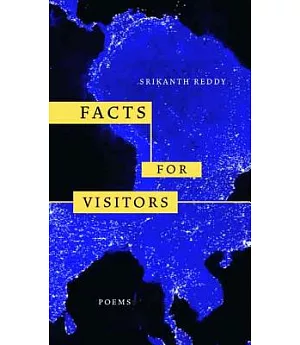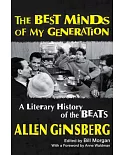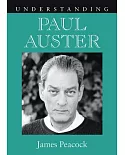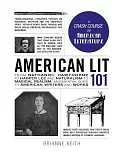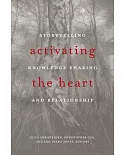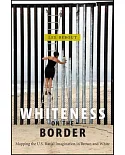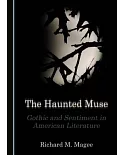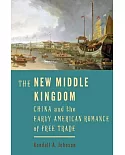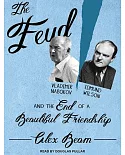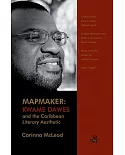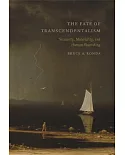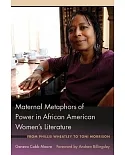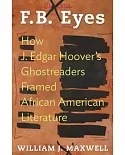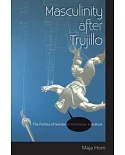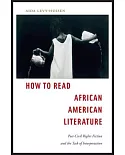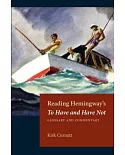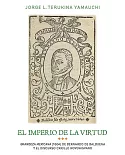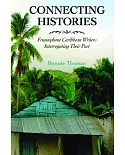Speaking in the wake of empire, of terrestrial love and of the collapse of traditional literary forms, the protagonist of this collection of poetry reconstructs a world from the language of
encyclopedias, instruction manuals, and the literary legacies of Wallace Stevens, W. G. Sebald, and Joseph Conrad. The prefatory lyric, "Burial Practice," imagines the posthumous narrative of
"then's" that follows an individual's extinction; in the poem "Aria," a stagehand steps onto the floorboards to wax poetic after the curtain has dropped on an opera; and the extended sequence
of "Circle" poems obliquely revisits Dante's ethical landscape of the afterlife.
Many of these poems were written while Srikanth Reddy worked for a rural literacy program in the south of India, a fact reflected in the imagined postcolonial world of lyrics such as "Monsoon
Eclogue" and "Thieves' Market." Yet the collection moves beyond the identity politics and ressentiment of postcolonial and Asian-American writings by addressing the fugitive dreams of shared
experience in poems such as "Fundamentals of Esperanto." Mobilizing traditional literary forms such as terza rima and the villanelle while simultaneously exploring the poetics of prose and
other "formless" modes, Facts for Visitors re-negotiates the impasse between traditional and experimental approaches to writing in contemporary American poetry.
Speaking in the wake of empire, of terrestrial love and of the collapse of traditional literary forms, the protagonist of this collection of poetry reconstructs a world from the language of
encyclopedias, instruction manuals, and the literary legacies of Wallace Stevens, W. G. Sebald, and Joseph Conrad. The prefatory lyric, "Burial Practice," imagines the posthumous narrative of
"then's" that follows an individual's extinction; in the poem "Aria," a stagehand steps onto the floorboards to wax poetic after the curtain has dropped on an opera; and the extended sequence
of "Circle" poems obliquely revisits Dante's ethical landscape of the afterlife.
Many of these poems were written while Srikanth Reddy worked for a rural literacy program in the south of India, a fact reflected in the imagined postcolonial world of lyrics such as "Monsoon
Eclogue" and "Thieves' Market." Yet the collection moves beyond the identity politics and ressentiment of postcolonial and Asian-American writings by addressing the fugitive dreams of shared
experience in poems such as "Fundamentals of Esperanto." Mobilizing traditional literary forms such as terza rima and the villanelle while simultaneously exploring the poetics of prose and
other "formless" modes, Facts for Visitors re-negotiates the impasse between traditional and experimental approaches to writing in contemporary American poetry.

